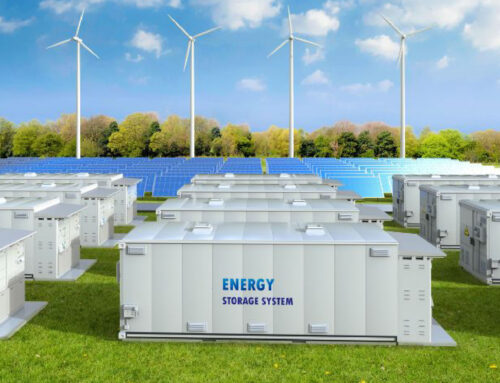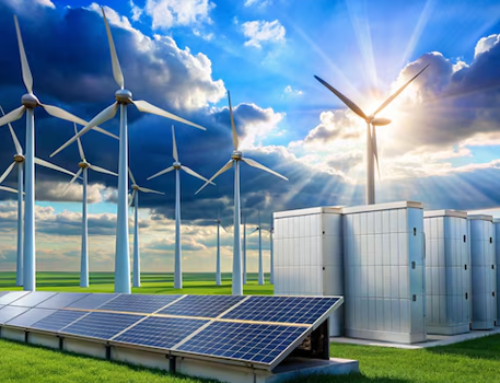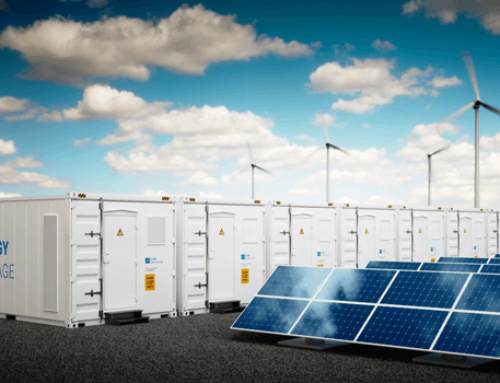
In a bid to reduce its carbon footprint, Kolkata Metro has installed rooftop solar plants at multiple locations. Moreover, the organization has announced plans to raise capacity by 2792 kWp in FY2023-24.
The projects planned for this fiscal are as follows:
| Location | Capacity |
|---|---|
| Stabling Bay Line Workshop at Central Park Depot | 500 kWp |
| Belgachia Station | 92 kWp |
| Joka Depot | 1400 kWp |
| Kavi Subhash Carshed | 800 kWp |
| Total | 2792 kWp |
The organization also plans to build a 654 kWp solar plant at the Jessore Road Station.
As of now, the Kolkata Metro generates 2.18 MWp of solar power. The breakdown of this capacity is as follows:
- North South Corridor: 675kWp
- East West Corridor: 1519kWp
- Tapan Sinha Memorial Hospital: 13.5kWp
Moreover, the solar plants have been installed at 7 metro stations in total which include, Noapara, Dum Dum, Mahanayak Uttam Kumar, Kavi Subhash stations, Salt Lake Sector V, Central Park station, and Central Park Depot.
The plants have been developed through Public Private Partnership (PPP) mode. The railway has provided the roof space to solar developers, who are in charge of designing, installing, and commissioning along with operations and maintenance of the plant.
Further, the generation of the plants is monitored through a cloud-based monitoring system. Kolkata metro will follow the same model for future projects too.
Indian Railways plans to become the World’s first net-zero emissions railway network by 2030. State metro organizations are switching to solar energy to contribute to this goal.
In March, Patna Metro announced plans to solarize all stations. Moreover, DMRC is aiming to meet 50% of Delhi Metro’s electricity demand through green energy sources by 2031.
Click Here for more updates
Resource: The Financial Express









Leave A Comment